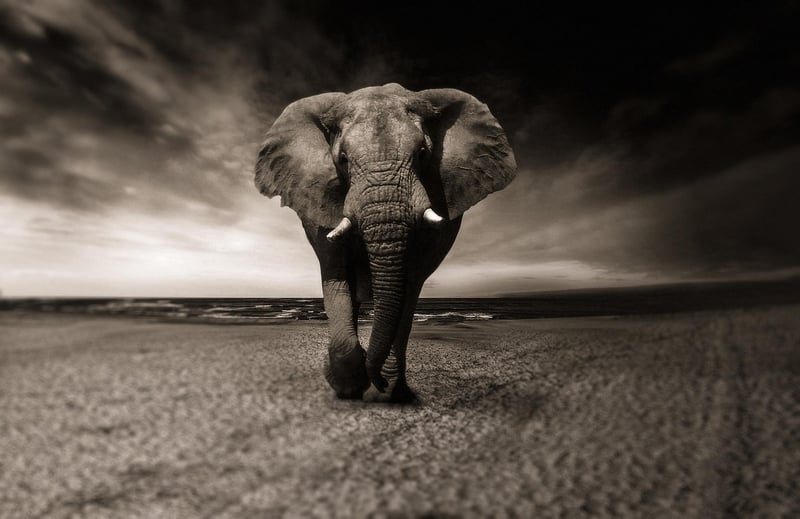Wildlife Specialists
Insights from Wildlife Specialists: Expert Tips and Advice
Wildlife specialists play a crucial role in preserving and protecting our natural world. Their expertise and knowledge are invaluable in understanding and conserving various species and ecosystems. If you're passionate about wildlife or considering a career in this field, learning from the pros can provide valuable insights and guidance. Here are some expert tips and advice from wildlife specialists:
1. Education and Experience Matter
Most wildlife specialists have a background in biology, zoology, ecology, or a related field. Pursuing a relevant degree and gaining hands-on experience through internships or volunteer work is essential to build a strong foundation for a career in wildlife conservation.
2. Develop Specialized Skills
Wildlife specialists often have specialized skills such as tracking, surveying, and handling animals. Developing these skills through training programs or workshops can enhance your expertise and make you more competitive in the field.
3. Stay Informed and Network
Keeping up to date with the latest research, technologies, and conservation strategies is crucial for wildlife specialists. Networking with other professionals in the field can also provide valuable opportunities for collaboration and learning.
4. Conservation is a Team Effort
Collaboration with government agencies, NGOs, local communities, and other stakeholders is often key to successful wildlife conservation initiatives. Building strong partnerships and working together towards a common goal can lead to more effective outcomes.
5. Be Passionate and Persistent
Passion for wildlife and a strong sense of purpose are common traits among successful wildlife specialists. The work can be challenging and demanding, but persistence and dedication are essential qualities for making a positive impact on conservation efforts.
6. Embrace Continuous Learning
The field of wildlife conservation is constantly evolving, with new challenges and opportunities emerging. Embracing lifelong learning and staying open to new ideas and approaches is essential for growth and adaptation in this dynamic field.
Conclusion
Learning from wildlife specialists can provide valuable insights and inspiration for anyone interested in wildlife conservation. By following these expert tips and advice, you can enhance your knowledge, skills, and passion for protecting our planet's precious biodiversity.
Remember, the work of wildlife specialists is vital for the future of our planet's ecosystems and the diverse species that call it home.

For more information on wildlife conservation and how you can get involved, visit World Wildlife Fund.
